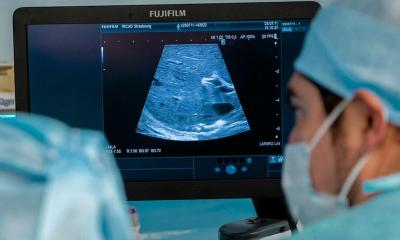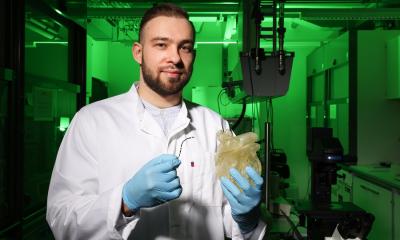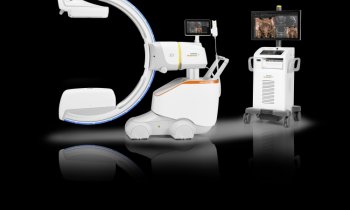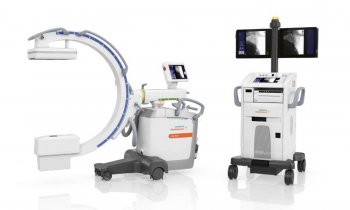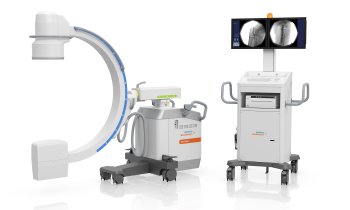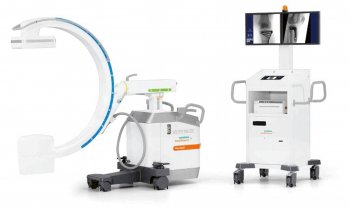The role of surgery in oncology
Cornelis Van De Velde, Professor of Surgical Oncology at the Leiden University Medical Centre, in the Netherlands, and President of the European Society of Surgical Oncology (ESSO), describes the work and aims of the society within the EU.

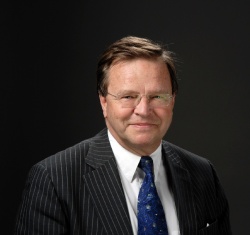
‘Surgery remains the most important component of cancer treatment ,’ said Professor Umberto Veronesi, speaking at the 2006 ESSO congress. ‘For solid tumours, the old saying, No surgery, no cure, is still valid for the majority of cases. For this reason surgical oncologists have a great responsibility towards their cancer patients and towards the progress of science.’
The surgical oncologist has principal access to cancer patients and primary responsibility for establishing the diagnosis and staging of a cancer. The entire diagnosis and treatment procedure of a wide variety of cancers, including surgery, chemotherapy, radiation therapy, supportive care is then provided comprehensively.
Surgical oncologists collectively and alongside other health professionals strive to improve the overall care of cancer patients. Surgical oncologists are represented by the European Society of Surgical Oncology (ESSO), which aims aim to advance the art, science and practice of surgery for cancer treatment, and to promote the highest standards of surgical care in the management of patients with solid tumours. Through the dissemination of knowledge and expertise, the society strives to ensure that the highest possible surgical standard for cancer patients throughout Europe.
As is known, surgery cures the majority of cancer patients. However, because surgical oncology is not recognised as a sub-specialty in all European countries, another ESSO aim is to have the field established as an important speciality in oncology.
The European Union
In Europe, surgical oncologists in various countries are organised in national societies, and there are several organ based surgical oncology societies. In many cases, these societies are affiliated with ESSO. If not, the society invites them to join the European platform to strengthen the voice of the surgical oncologists in Europe and promote the discipline through education and scientific information exchange.
Thus, promoting education in cancer surgery is one of ESSO’s main objectives. To this end, its Education Committee offers fellowships to support trainees in surgical oncology, by enabling young surgeons either expand their experience or learn new techniques by working in another specialist centre.
In addition, the ESSO Education and Training Committee has developed a Core Curriculum in surgical oncology, with recommendations for both trainees and the cancer centres.
The society has also developed a surgical oncology examination in conjunction with the Surgical Board of UEMS. Open to suitably qualified European candidates, the exam provides validation of a surgeon’s continued professional development in surgical oncology, as well as indicating his/her competency to practice in this field.
Young surgeons can also participate in ESSO’s Flims workshop on clinical cancer research methods, organised jointly by ECCO (European CanCer Organisation), AACR and ASCO.
Multi-disciplinary collaboration in cancer patient management is also fostered by the society, which, in partnership with other cancer organisations, actively contributes to multidisciplinary educational courses and projects on specific tumours.
In Germany the surgical oncologists are organised under the German Society for Surgery in the CAO (Chirurgische Arbeitsgemeinschaft Onkologie). A separate working group is established and working to promote and organise the specifics for surgical oncologists in that country. The mandate for this working group is to present surgical oncologists to other societies; address special issues relevant to the discipline; define contact and organise surgical oncology in Germany, as well as be involved with other disciplines to establish studies, and be involved in the expanding process of certification of specialised surgical oncology centres.
To strengthen the German surgical oncologists’ influence on the European agenda, ESSO invites the CAO to join ESSO to strengthen the profession further in Germany and Europe.
29.12.2010



